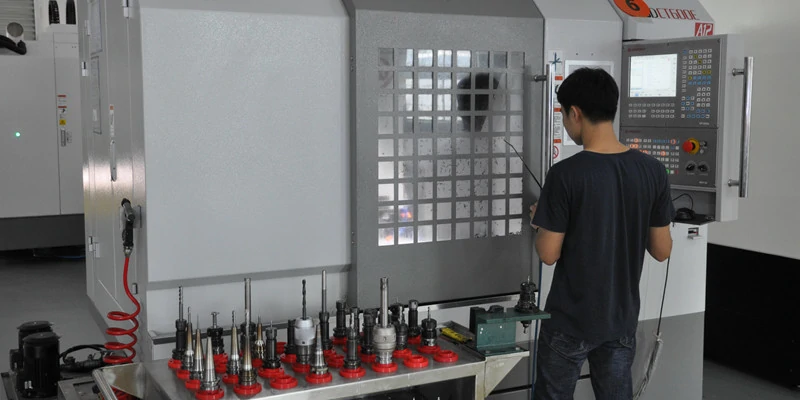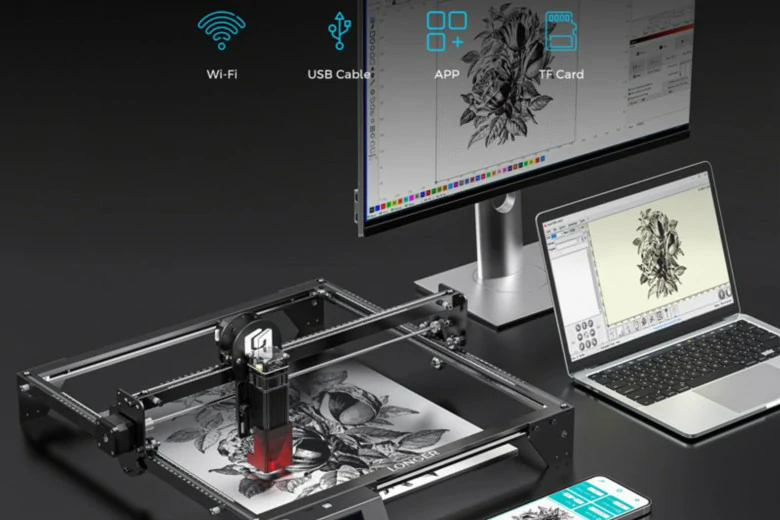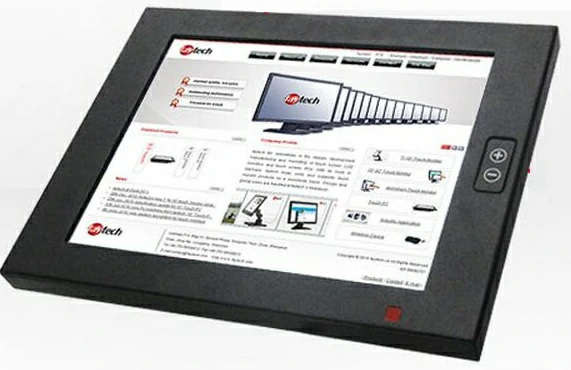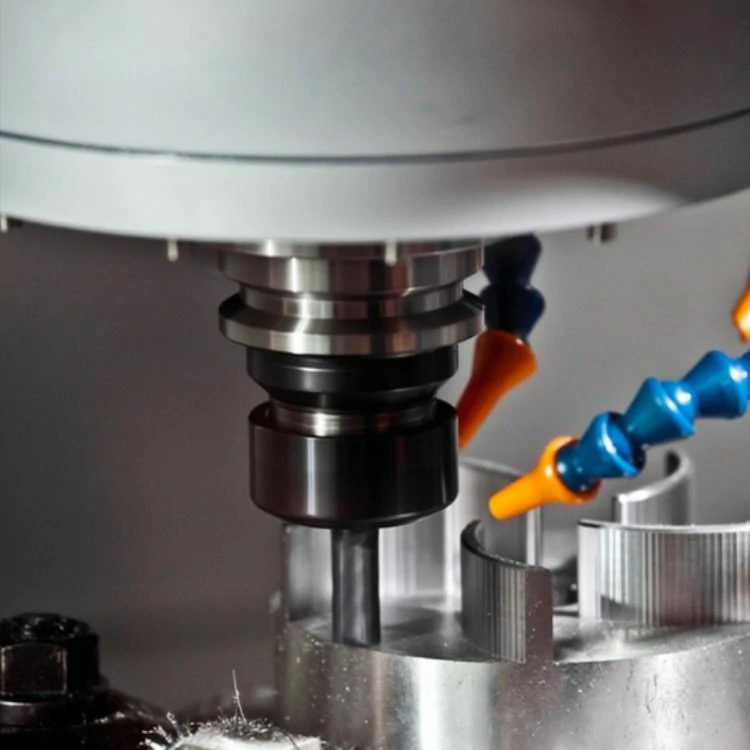Aluminum Alloy Prototype CNC Processing Process and Precautions – Weimaite
Introduction:
Aluminum alloy is widely used in various industries due to its excellent properties, such as lightweight, high strength, and corrosion resistance. In order to meet the demand for rapid prototyping, CNC machining has become a popular method for producing aluminum alloy prototypes. In this article, we will discuss the process and precautions of aluminum alloy prototype CNC processing, focusing on the Weimaite system.
Process:
1. Material selection:
Choosing the right aluminum alloy material is crucial for CNC processing. Commonly used aluminum alloys for prototypes include 6061, 7075, and 2024. Each alloy has its specific characteristics, such as strength, hardness, and machinability. Weimaite provides a comprehensive database of aluminum alloys, facilitating material selection based on project requirements.
2. CAD design:
Before starting CNC processing, a detailed CAD (Computer-Aided Design) model should be created. The CAD model serves as a blueprint for the prototype and guides the machining process. Weimaite offers a user-friendly CAD software interface that allows for precise and efficient design.
3. Toolpath generation:
Once the CAD model is ready, the next step is to generate toolpaths. Toolpaths define the movement of the cutting tools during machining. Weimaite’s advanced CAM (Computer-Aided Manufacturing) system automatically generates optimized toolpaths based on the CAD model. This ensures high precision and efficiency during CNC processing.
4. Machine setup:
Proper machine setup is essential to achieve accurate and consistent results. Weimaite provides detailed instructions for machine calibration and alignment. It is important to ensure that the CNC machine is properly calibrated, and the workpiece is securely clamped to prevent any movement during machining.
5. Machining parameters:
Setting the correct machining parameters is vital for achieving desired outcomes. Weimaite offers a wide range of machining parameters, including spindle speed, feed rate, depth of cut, and tool selection. These parameters should be adjusted based on the specific aluminum alloy being processed to obtain optimal results.
Precautions:
1. Chip removal:
Aluminum alloy generates a large amount of chips during CNC processing. It is crucial to ensure effective chip removal throughout the machining process. Accumulated chips can cause heat buildup, tool wear, and poor surface finish. Regularly clearing the chips from the work area and using appropriate coolant or lubricants can help maintain machining efficiency and prolong tool life.
2. Tool selection:
Choosing the right cutting tools is important for achieving accurate and efficient CNC processing. Weimaite provides a wide range of cutting tools specifically designed for aluminum alloy machining. It is recommended to select tools with high rigidity, sharp cutting edges, and suitable coatings to minimize tool wear and achieve precise results.
3. Workpiece fixation:
Proper fixation of the workpiece is crucial to avoid any movement or vibration during CNC processing. Weimaite offers various fixture options tailored for different types and sizes of aluminum alloy prototypes. It is important to choose the appropriate fixture and ensure secure clamping to maintain dimensional accuracy throughout the machining process.
4. Quality control:
Regular quality control checks should be implemented during CNC processing to ensure the prototype meets the desired specifications. Weimaite provides real-time monitoring and inspection tools to measure dimensions, check surface finishes, and detect any defects. Performing regular quality checks allows for timely adjustments and ensures the final prototype meets the required standards.
Conclusion:
Aluminum alloy prototype CNC processing with the Weimaite system offers a reliable and efficient method for rapid prototyping. By following the correct process and taking necessary precautions, high-quality prototypes can be produced with precision and consistency. Weimaite’s comprehensive software and tools provide the necessary support for successful aluminum alloy CNC processing, making it an ideal choice for industries requiring fast and accurate prototyping.
.webp)



